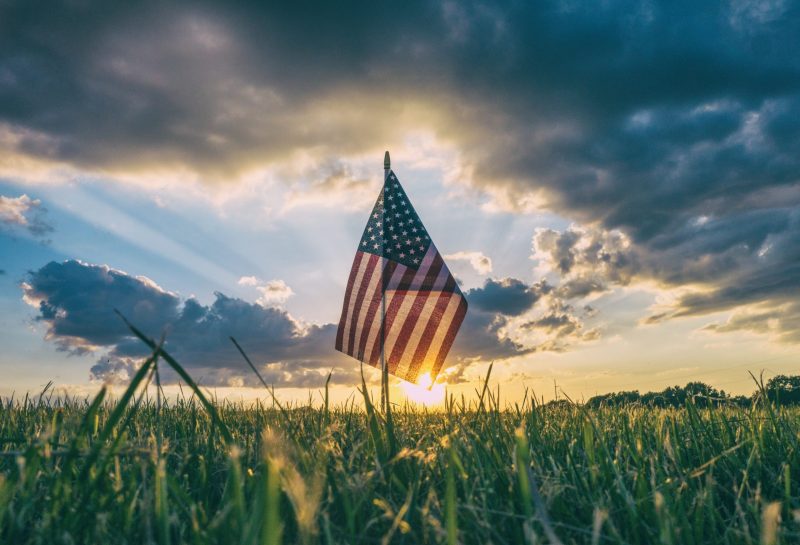There’s nothing quite like a poem to give you a glimpse into someone else’s personal heaven or hell. To honor Military Appreciation Month, I thought I’d share a few slices of ours.
Like the blindfolded men trying to describe an elephant — each of them saying it’s like a tree or a fan or a snake when they grabbed its leg or ear or tail — the experience of every veteran differs, while each is some version of truth. The sweat, the grit, the gore, the night terror, the unbelonging, the boredom — horrifying as it sometimes is, all of it is our legacy. We carry it in the jingle of every stainless steel necklace, in the snap of every worn-down bootlace, in the brush of windswept poppies growing in forgotten cemeteries.
Finally, please bear with me. Poems like these are hard to write descriptions of, but I did my best to give you more than a list and say “read these.” With that said, let’s go.
“The Hurt Locker” by Brian Turner.
No, we’re not easing in. Whether you think “The Locker” is a physical place or a place in the mind, Brian Turner takes us to his and leaves us shakily wondering what we have hidden in our own.
“Dulce et Decorum Est” by Wilfred Owen
When Kurt Vonnegut admitted to writing an “anti-war” book while he was working on “Slaughterhouse Five,” someone suggested he write an anti-glacier book as well, “because they were equally avoidable.” Sisyphean as the task may be, if any poem could single-handedly slow a war glacier, this one is it.
“Cultivating Mass” by Graham Barnhart
Stanford’s own Graham Barnhart does not mess around. This prayer of a poem explores the ludicrousness of pumping iron one day when you might be punctured with lead the next, and leaves you wondering whether you’re inspired, entertained or disturbed.
“Song of Napalm” by Bruce Weigl
“Napalm” is more unsettling than a poem has any right to be. I have no words for this one. Read it.
“Facing It” by Yuself Komunyakaa
With this masterpiece of haunting images, Yusef brings us back from the war and plants us at the Vietnam Veterans Memorial, where memory and reflection blur into one darkly shining surface.
“Swivel Chair” by Lindsey Waterman
By not writing explicitly about combat, Waterman tricks us into believing we can hesitantly come up for air, then gently but eerily reminds us that for many soldiers, the battle continues long after they return home.
“This Then, Is I” by Odysseus Elytis
You can breathe for this one, I promise. Nobel prize-winning (and Greek) Elytis served in WWII, but this poem isn’t about that. Instead, he summons pomegranates, West Winds and kisses in a battle for the triumph of innocence.
Bonus: “Five Poems about Poetry” by George Oppen, WWII Purple Heart recipient.
Contact Nestor Walters at waltersx ‘at’ stanford.edu.
